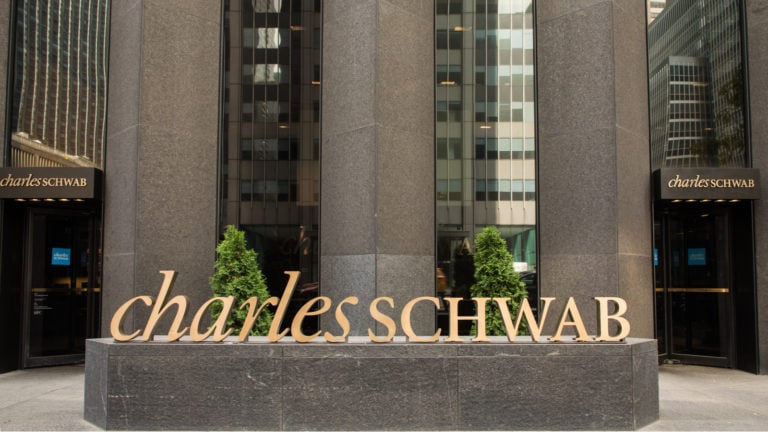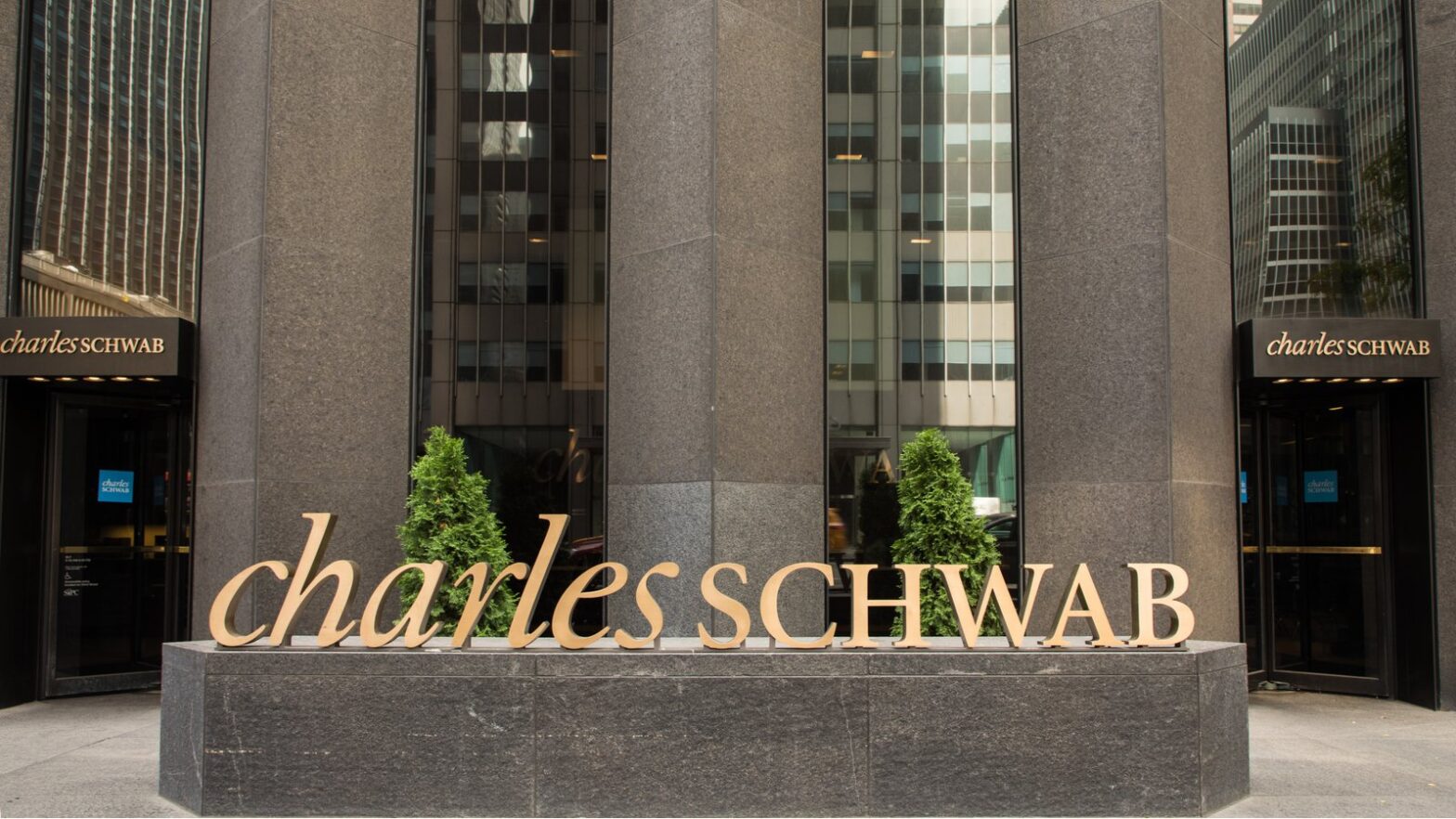
Source: Isabelle OHara / Shutterstock.com
Charles Schwab (NYSE:SCHW) (commonly-known as just Schwab) has been a reputable financial institution for many years. However, the recent banking crisis has taken a toll on SCHW stock. While Schwab probably won’t go bankrupt anytime soon, investors should still prepare for negative share-price pressure in the near term.
The troubles that befell SVB Financial Group (OTCMKTS:SIVBQ) subsidiary Silicon Valley Bank and Signature Bank (OTCMKTS:SBNY) are well-documented in the financial press. To future generations, 2023 may be known as the year of bank failures.
Could Schwab be the next domino to fall, as financial-market pundits warn of contagion risk? A total collapse of Schwab is unlikely, but this doesn’t mean you need to load up on SCHW stock right now.
Schwab’s Chief Executive Assures Customers and Investors
As headlines warned of contagion risk in March, Schwab’s chief executive offered skittish stakeholders some calming words. However, whether you choose to believe what Charles Schwab CEO Walt Bettinger told The Wall Street Journal is up to you.
Bettinger is that Schwab would continue to operate if the worst-case scenario happens. “There would be a sufficient amount of liquidity right there to cover if 100% of our bank’s deposits ran off . . . [w]ithout having to sell a single security,” the CEO declared.
It’s easy for Bettinger to say something like this, since there’s practically no chance that Schwab’s clients will pull out 100% of their deposits. Still, it’s undeniable that Schwab is better-capitalized than, and allocated its customers’ funds more responsibly than, Silicon Valley Bank and Signature Bank.
‘Cash Sorting’ Problem Could Weigh on SCHW Stock
SCHW stock fell sharply as the banking sector crisis unfolded last month. To a certain extent, Schwab can be blamed for its troubles. As Porter Collins, portfolio manager at Seawolf Capital, explained, Schwab “mismanaged the balance sheet.”
Moreover, Schwab “made a big rate bet, and it’s gone the wrong way on them.” This occurred because Federal Reserve interest rate hikes have reduced the value of Schwab’s holdings in government bonds. So, investors should expect it will take a while for Schwab to recover in rate bet.”
Another problem for Schwab is what’s known as “cash sorting.” This is a phenomenon in which a bank’s depositors move their cash into assets that offer higher yields. For example, they might reallocate from cash into money market funds. JMP Securities analyst Devin Ryan clarified, “As cash sorting occurs, that effectively hurts earnings power.”
Furthermore, according to Morgan Stanley analyst Michael J. Cyprys, cash sorting means that Schwab “earns less from monetizing cash.” This, the analyst added, “will hurt earnings on top of higher funding costs.” Consequently, Cyprys downgraded SCHW stock from overweight to equal-weight. He also reduced his price target on Charles Schwab shares from $99 to $68.
So, How Much Worse Can It Get for SCHW Stock?
I won’t deny that Schwab should be able to survive the current banking crisis. However, this doesn’t mean the company is out of the woods. Schwab’s big rate bet could have long-lasting repercussions.
Additionally, the cash sorting problem might haunt Schwab for a while. Therefore, I expect SCHW stock to pull back 10% from the current share price. I also anticipate an eventual recovery, but this probably won’t happen until the summer, or later.
On the date of publication, David Moadel did not have (either directly or indirectly) any positions in the securities mentioned in this article. The opinions expressed in this article are those of the writer, subject to the InvestorPlace.com Publishing Guidelines.

